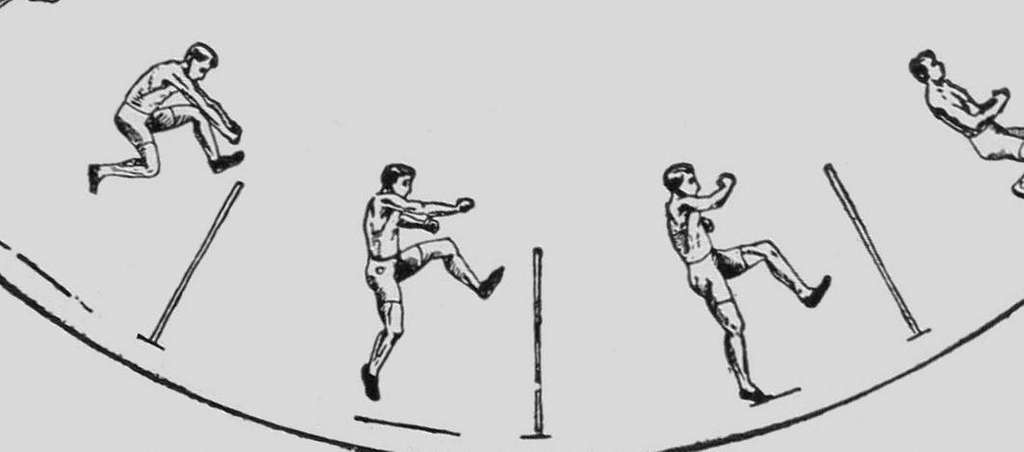In the midst of the tangled past of global geopolitics, few conflicts have attracted as much attention and sparked as many debates as the ongoing struggle between Israel and Palestine. This article takes on a journey through the past, unwinding the intricate history of Levant and Judea, while clearing up confusion about the major events that play a big role in shaping their fates.
Pastor Rick Warren once stated that, ”Hurt people hurt people.”, and there is no place where this is more apparent than the unsettled history of Israel and Palestine. Their story dates back to about the 11th century BCE, when the Jewish people were believed to have a kingdom at the location of present-day Israel and Palestine – an area often referred to as the Holy Land with massive significance for Jews, Muslims, and Christians. It is especially considered the biblical homeland to the Jews which added to their desire to return.
Tracing back to the end of the 18th century, Austrian philosopher, Theodor Horzl, succeeded in promoting the idea of establishing a homeland for Jews in Palestine, an idea known as ‘Zionism.’ That success resulted in the establishment of the World Zionist Organization, whose goal was the creation and supporting of a Jewish national state in Palestine, the ancient homeland of the Jews. After WW1, Palestine came under British command, causing Jewish immigration to Palestine to greatly increase, all while being supported by the British authorities. Additionally, the Balfour Declaration, named after the foreign minister of Britain, was a written statement issued in 1917 during WW1 announcing its support for the establishment of a “national home for the Jewish people in Palestine.”
Many more Jewish immigrants started arriving in the early 20th century, most of them coming from Europe. They purchased and gained land, and worked to establish Jewish settlements in the land of Palestine, a move which could be seen as extremely parallel to European expansion into America, when Native American people were already there.
Britain withdrew from Palestine on May 14, 1948, which is the same day Israel declared its independence in response to what they viewed as existential threats and the desperate need for a Jewish homeland. This declaration of independence sparked a military response from the neighboring Arab states, causing the 1948 Arab-Israeli war to take place along with the mass displacement and dispossession of the Palestinians into surrounding Arab countries, often referred to as the ‘Nakba’ or catastrophe.
Additionally, the 1967 war (or the Six-Day war) was won by Israel with the aid of the US, resulting in the capture of multiple lands from neighboring Arab countries. Israel argues that this was a tactic used to ensure national security and safety at the borders.
In 1988, the Palestinian Liberation Organization was appointed as an acting government in the West Bank, with very minimal rule as a puppet/exile government. After the second Palestinian uprising, Israel decided to allocate the Gaza strip to Palestinians where Hamas was voted into power over Fatah (both militant groups) in 2006, but hasn’t allowed any other election since.
Today, the international community considers the West Bank to be under occupation. While the Israeli government sees the entire land as theirs, since they are continuously expanding, the Palestinians claim that their pre-1948 borders are occupied by Israel. Consequently, with this tension having existed for so long, last week’s attack on Israel and the subsequent bombing of Gaza are merely the latest battle in what seems to be an unending conflict in the region, possibly meeting the definition of a genocide or ethnic cleansing.
Various human rights organizations describe Israel as an apartheid state where Palestinians live as second class citizens. Matthew Cope, a history teacher at Millbrook High School said: “I think students would need to spend time researching the conflict before coming up with an opinion on the current fighting that is going on. It’s a history that has run for thousands of years and has hundreds of books written about it from many perspectives. I’d encourage students to read books written by Israeli Historians and Palestinian Historians and then generate their own opinion based on that diverse set of narratives.”















Anéssa Myers • Oct 17, 2023 at 4:06 pm
Very insightful!
User268926 • Oct 16, 2023 at 3:25 pm
Wow Dima, I am in tears. Thank you for this amazing article
z • Oct 16, 2023 at 3:09 pm
this was informational and outstandingly well written. i hope it helps educate others who may be ill-informed of this topic!
Ziad Zahreddine • Oct 16, 2023 at 2:22 pm
Beautiful explanation and well managed information, i understood more from this than any other news article I’ve read or seen on tv. The fact how this article relates the European immigration with the Native Americans, using America’s history as an example, gives us a better understanding of the current situation/conflict between Israel and Palestine. Great Job.
wael • Oct 16, 2023 at 1:28 pm
free Palestine
luna • Oct 16, 2023 at 1:24 pm
very informative i appreciate this